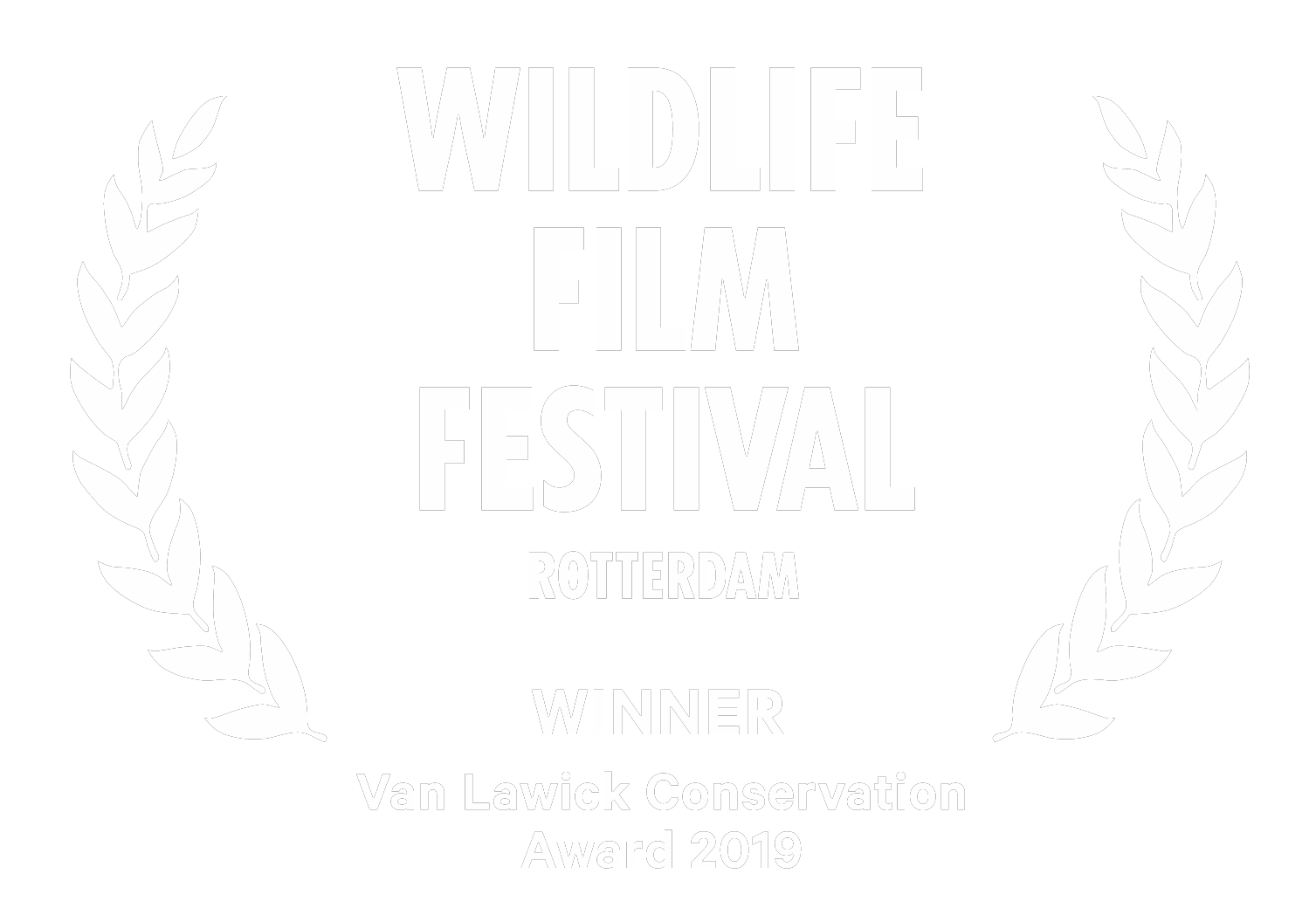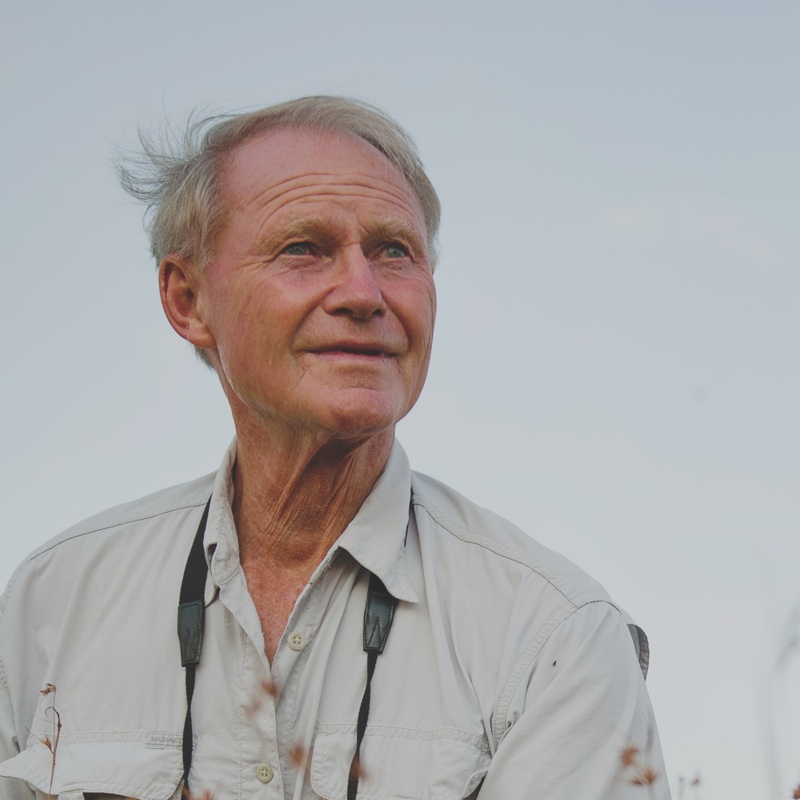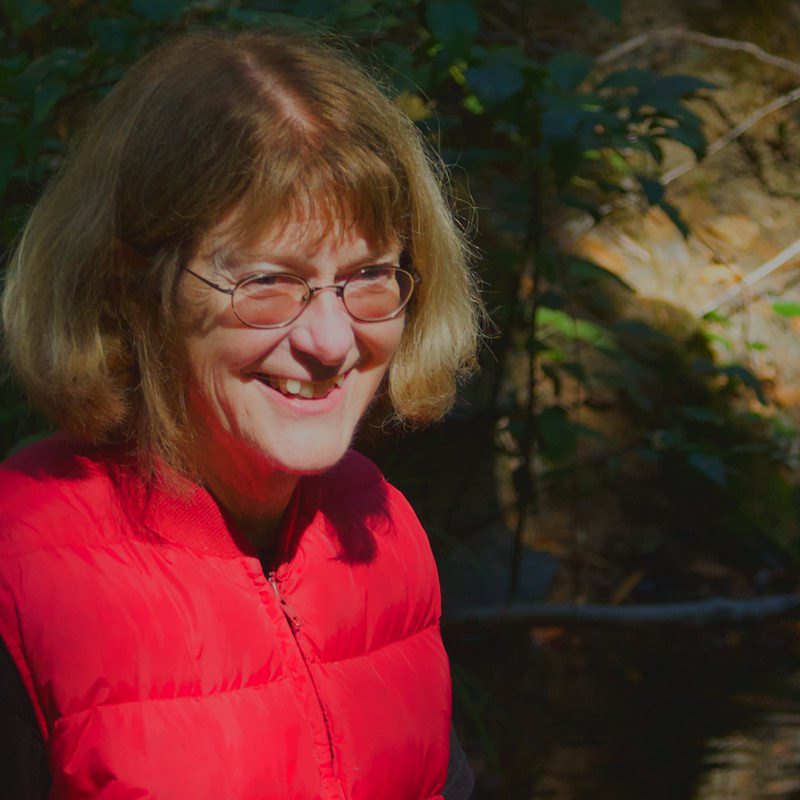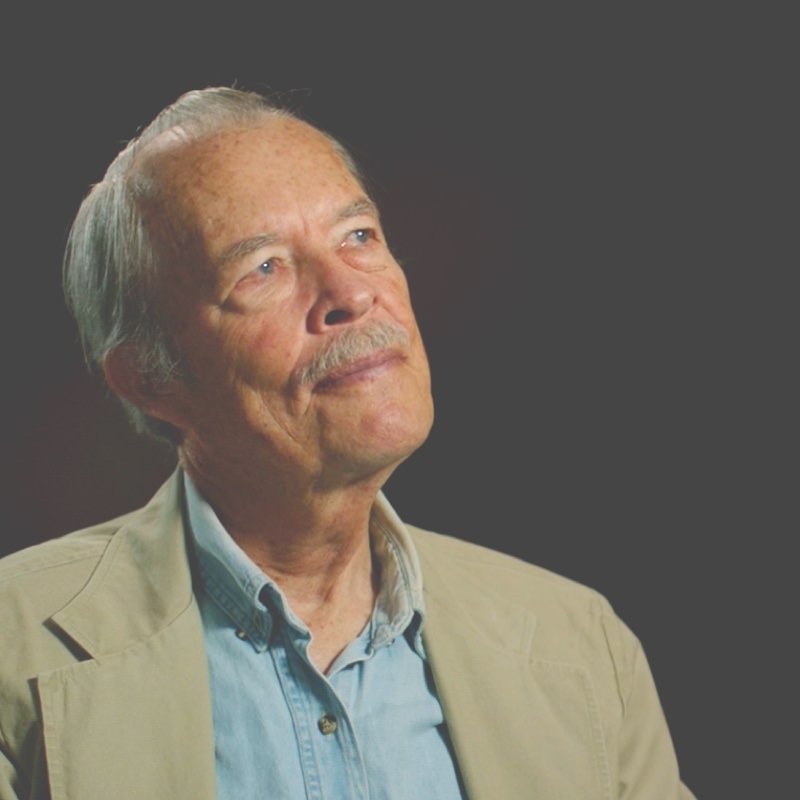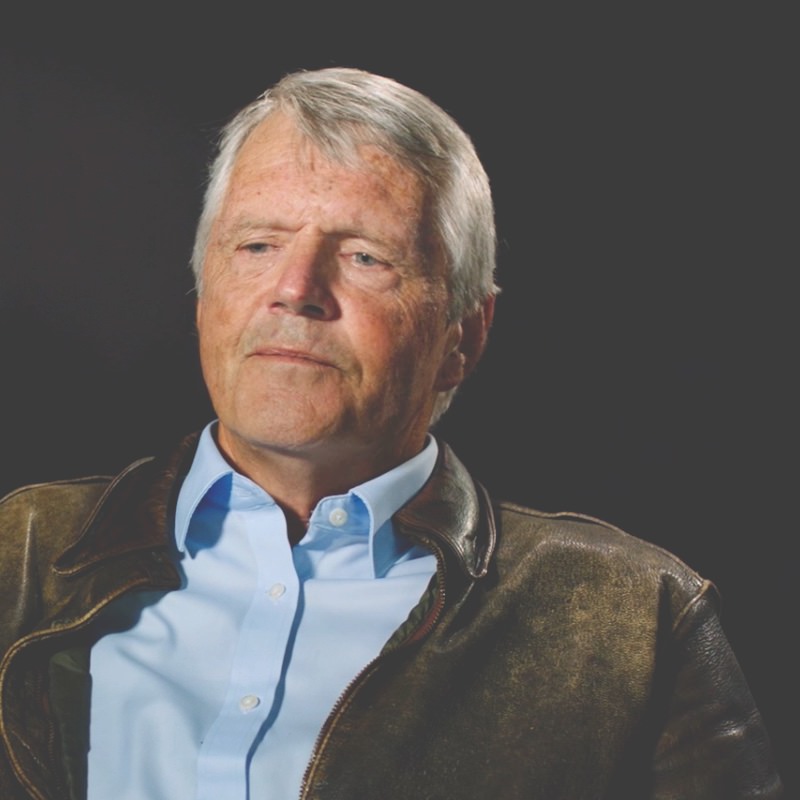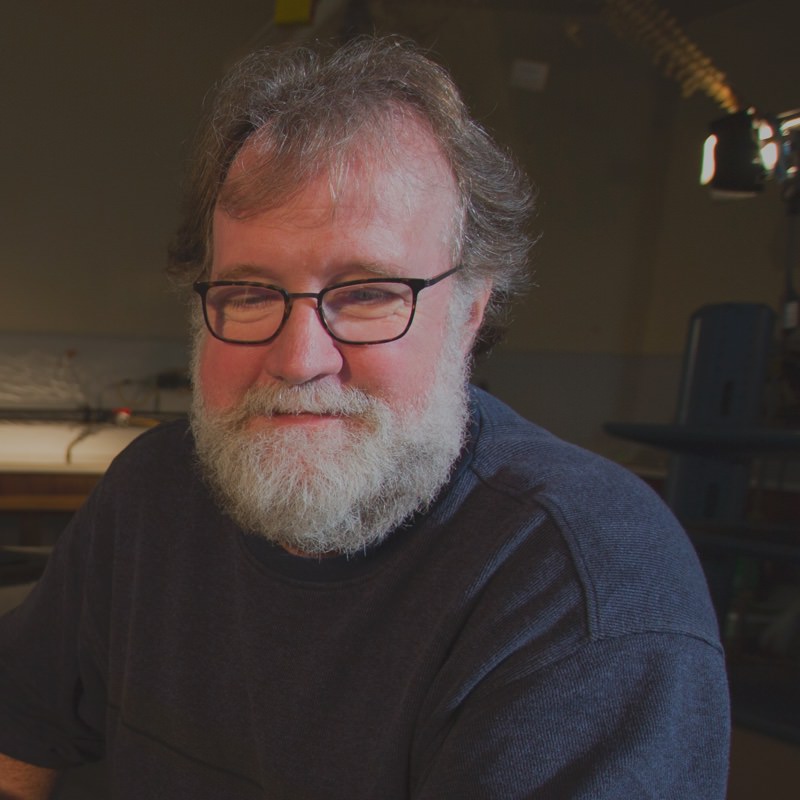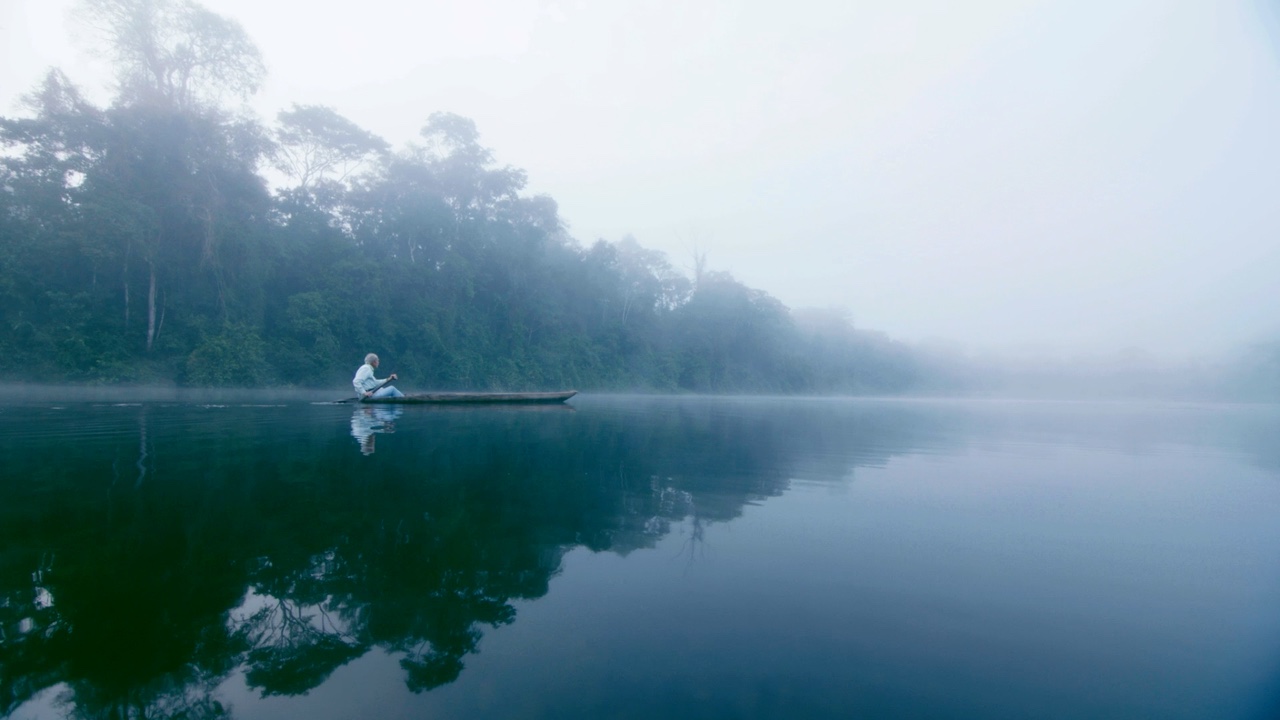
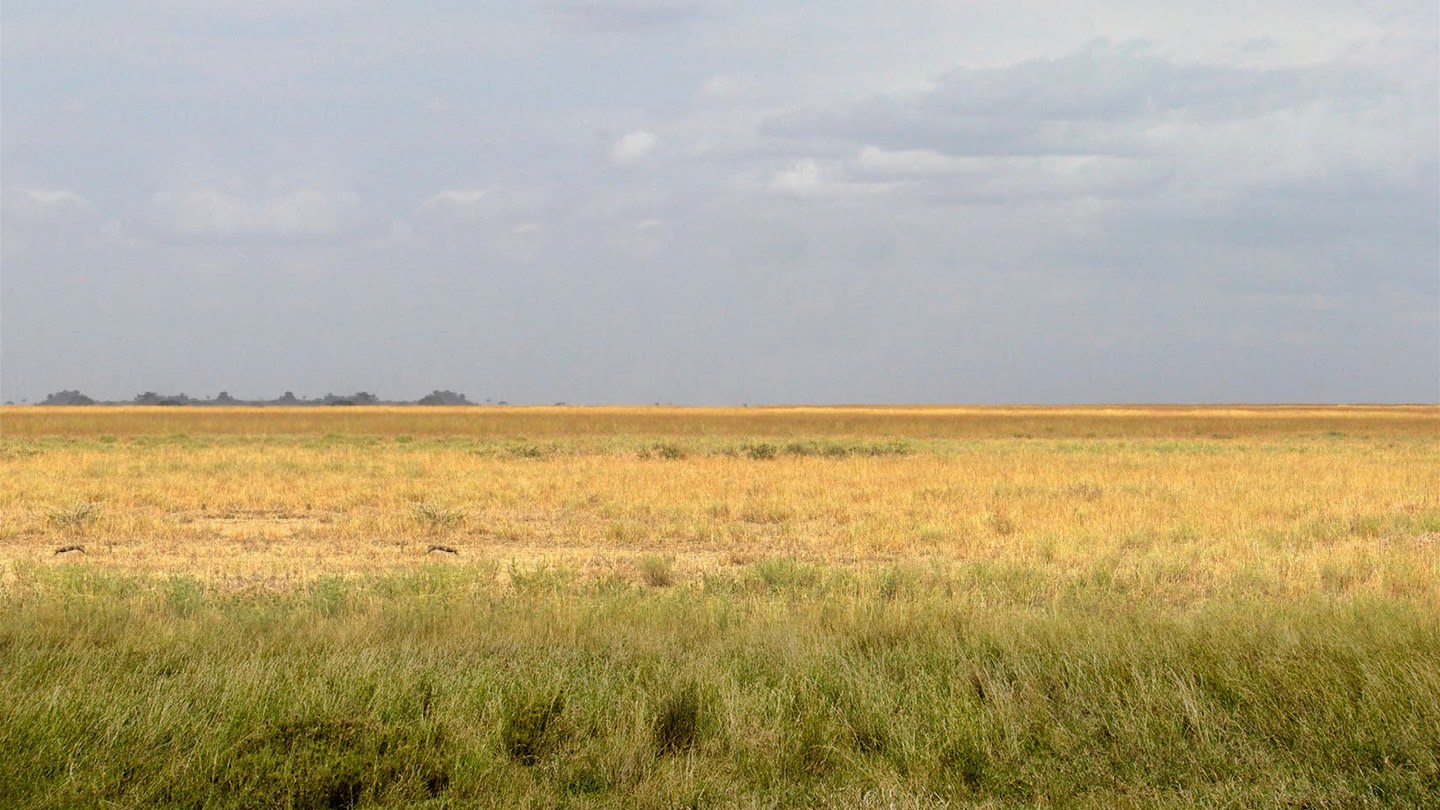
View the trailer.
Contributing Scientists

Professor Anthony R.E. Sinclair was born in 1944 and raised in East Africa. He obtained a Ph.D. from Oxford University in 1970. Sinclair’s fascination of African nature brought him back to the continent in 1965 where he began his research on the Serengeti, work that spanned 52 years. He is now Professor Emeritus at the University of British Columbia, Vancouver, Canada. He is a Fellow of the Royal Society of London and the Royal Society of Canada and in 2013 he was awarded the Aldo Leopold medal from The Wildlife Society, USA.
Sinclair has conducted ecological research on the role of biodiversity in the functioning of ecosystems around the world including Africa, Australia, New Zealand and Canada. His work in the Serengeti focused on how the ecosystem repaired itself after the catastrophic rinderpest disease of 1890. Because of his work we now have a better understanding of the role animal migrations, food shortage and predation play on the stability of an ecosystem, knowledge that can be used to restore ecosystems around the world.

Mary E. Power is a professor in the Department of Integrative Biology at the University of California, Berkeley. She has studied food webs in temperate and tropical rivers, as well as linkages of rivers, watersheds and near-shore environments. Focal organisms include cyanobacteria, algae, invertebrates, fish, estuarine crustaceans and terrestrial grasshoppers, spiders, lizards, birds, and bats. By studying how key ecological interactions depend on landscape and temporal contexts, she and her students hope to learn how river-structured ecosystems will respond to change in climate, land use, and biota. Her group also collaborates closely with Earth and atmospheric scientists in site-based research to investigate linkages between rivers and the subsurface critical zones that mediate their flow regimes.
She was awarded an honorary doctorate by Umea University, the Kempe Medal for distinguished ecologist, the Hutchinson Award from the American Society of Limnologists and Oceanographers, and the Award of Excellence from the Society of Freshwater Science. She is a member of the California Academy of Science, the American Academy of Arts and Sciences, and National Academy of Sciences. She has served on the Editorial Boards of PNAS (2014 to present), Science (2006-2009), and Annual Reviews of Ecology, Evolution, and Systematics (2011 to present). Power also served as President of the American Society of Naturalists, and of the Ecological Society of America. Since 1988, she has been the Faculty Director of the Angelo Coast Range Reserve in Mendocino, California.

Bob Paine (1933 - 2016) was a Harvard University graduate and earned his doctoral degree from the University of Michigan. In 1962, he began teaching at the University of Washington where he did his research for 36 years. After retirement, he continued his research and writing.
His most notable research was on the communities of the intertidal zone on Mukkah Bay Tatoosh Island, Wash. Paine discovered two fundamental ecological concepts - keystone species, when a species has an out-sized impact on communities, and trophic cascades, when creatures have strong indirect domino effects throughout a food chain.
Paine is one of the most honored ecologists of his generation. He received the 1983 Robert H. MacArthur Award from the Ecological Society of America, the 1996 Sewall Wright Award, and the 2013 International Cosmos Prize. He was also granted the Honorary Lifetime Membership Award from the American Society of Naturalists in 2009 and in 1986 he was elected to the National Academy of Sciences.
Peter Kareiva, director of the Institute of the Environment and Sustainability at the UCLA, wrote of Dr. Paine: "He insisted on experiments in ecology at a time when others were content with simply explaining patterns. I think he turned ecology from quantitative natural history into a modern science."
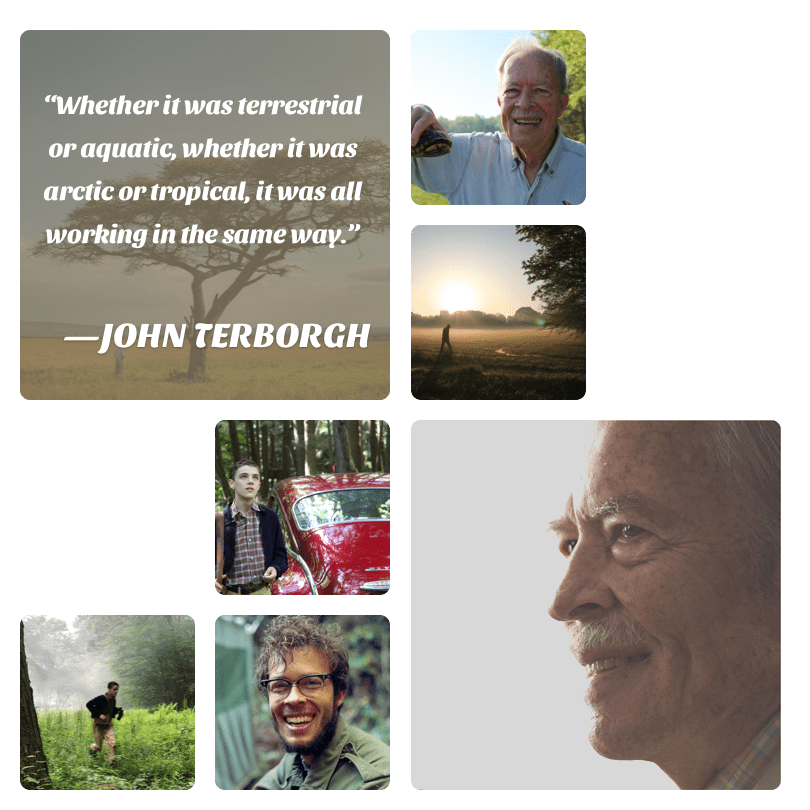
John Terborgh is James B. Duke Professor Emeritus of Environmental Science at Duke University and has current affiliations with the University of Florida – Gainesville and James Cook University, Cairns, Australia. His work focuses on tropical ecology, particularly plant-animal interactions and trophic cascades. He has conducted research in the West Indies, South America, Africa, Malaysia, and New Guinea and has published around 300 articles and 8 books. He is a member of the American Academy of Arts and Sciences and the National Academy of Sciences. He was awarded a Pew Fellowship In 1992 and became a MacArthur Fellow in the same year. He was awarded the Daniel Geraud Elliot Medal by the National Academy of Sciences in 1996. He has served on the boards of numerous conservation organizations and in 1999 he founded ParksWatch, an organization dedicated to monitoring and publicizing the status of parks in developing countries. He has remained active in research and conservation to the present.
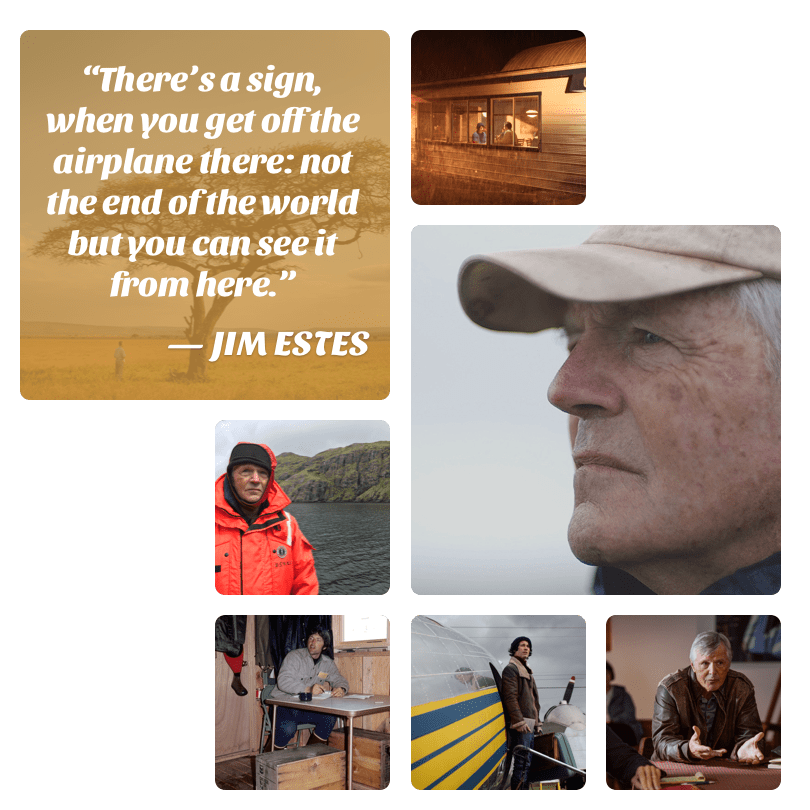
James A. Estes grew up in southern California and received his bachelor’s degree from the University of Minnesota in 1967 and doctorate from the University of Arizona in 1974. For most of his career, he worked as a research scientist for the US Geological Survey. In 2007, he retired from federal service and joined the Department of Ecology and Evolutionary Biology at the University of California, Santa Cruz. His pioneering work on the role of sea otters as keystones in kelp forests is now a classic example of a trophic cascade. Estes has conducted research on coastal marine ecosystems in Alaska, California, Canada, Mexico, New Zealand and Russia. His most recent book, a memoir entitled "Serendipity: An Ecologist’s Quest to Understand Nature," was published in May of 2016.
He is a Pew fellow in marine conservation, a Fellow of the California Academy of Sciences, and a member of the U.S. National Academy of Sciences. He received the Western Society of Naturalist’s Lifetime Achievement Award in 2011 and the American Society of Mammologists C. Hart Merriam Award for excellence in research in 2012.
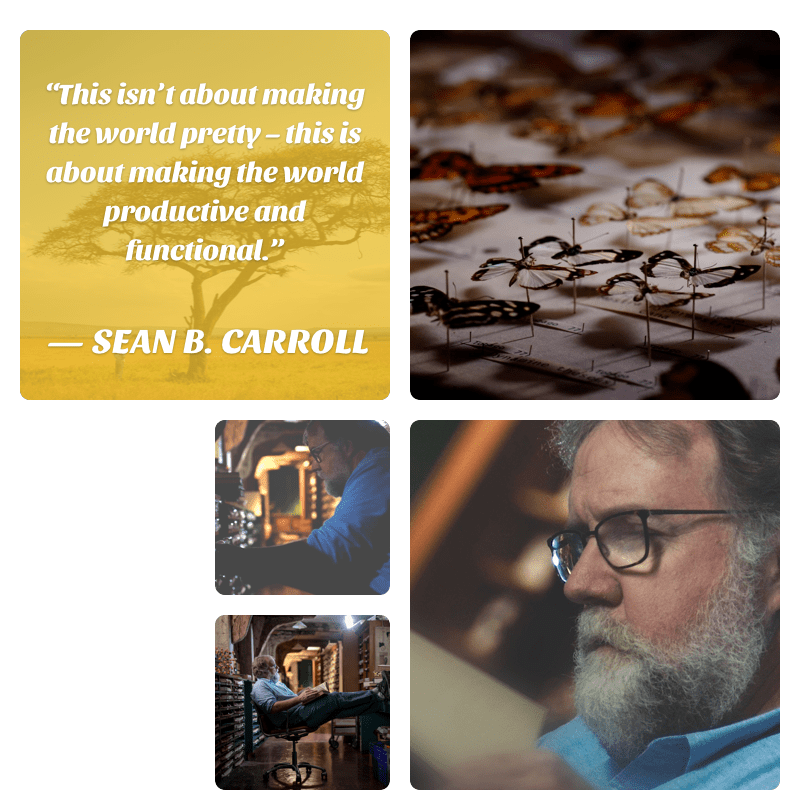
Sean B. Carroll is vice president for Science Education at the Howard Hughes Medical Institute, the largest private supporter of science education in the US, and Professor of Molecular Biology and Genetics at the University of Wisconsin. Carroll is also the author of "Brave Genius, The Making of the Fittest," "Endless Forms Most Beautiful" and "Remarkable Creatures," which was a finalist for the National Book Award for non-fiction. In 2016, he received the Lewis Thomas Prize for Writing about Science. An internationally recognized evolutionary biologist, Carroll has also received the Benjamin Franklin Medal in Life Sciences and been elected a member of the National Academy of Sciences and the American Philosophical Society.
